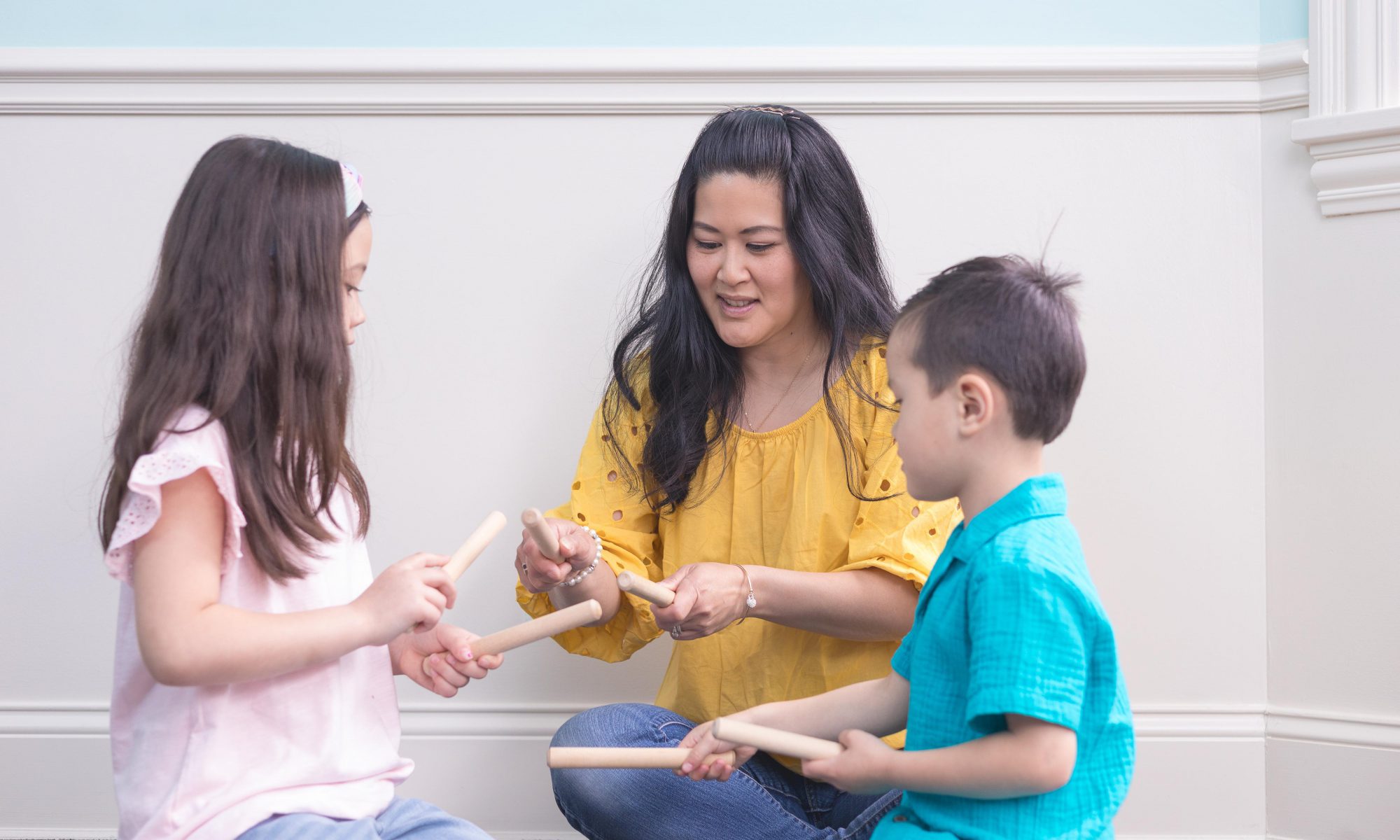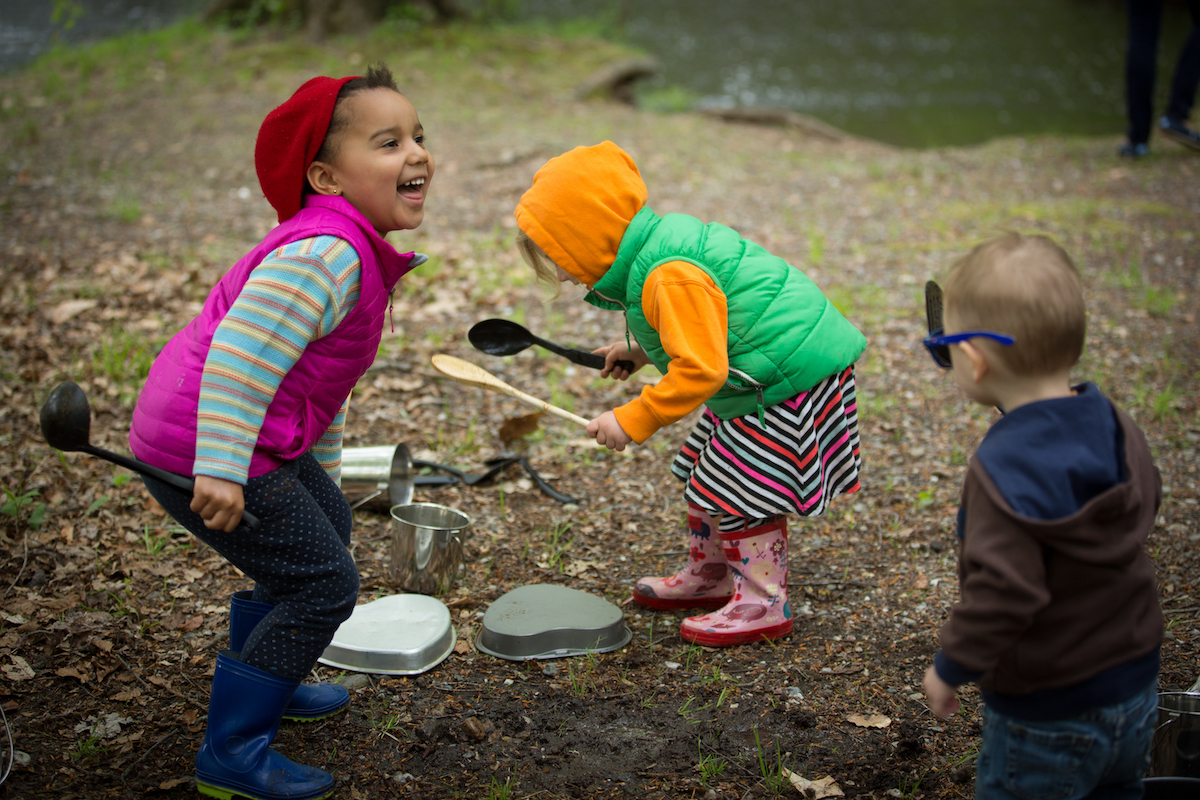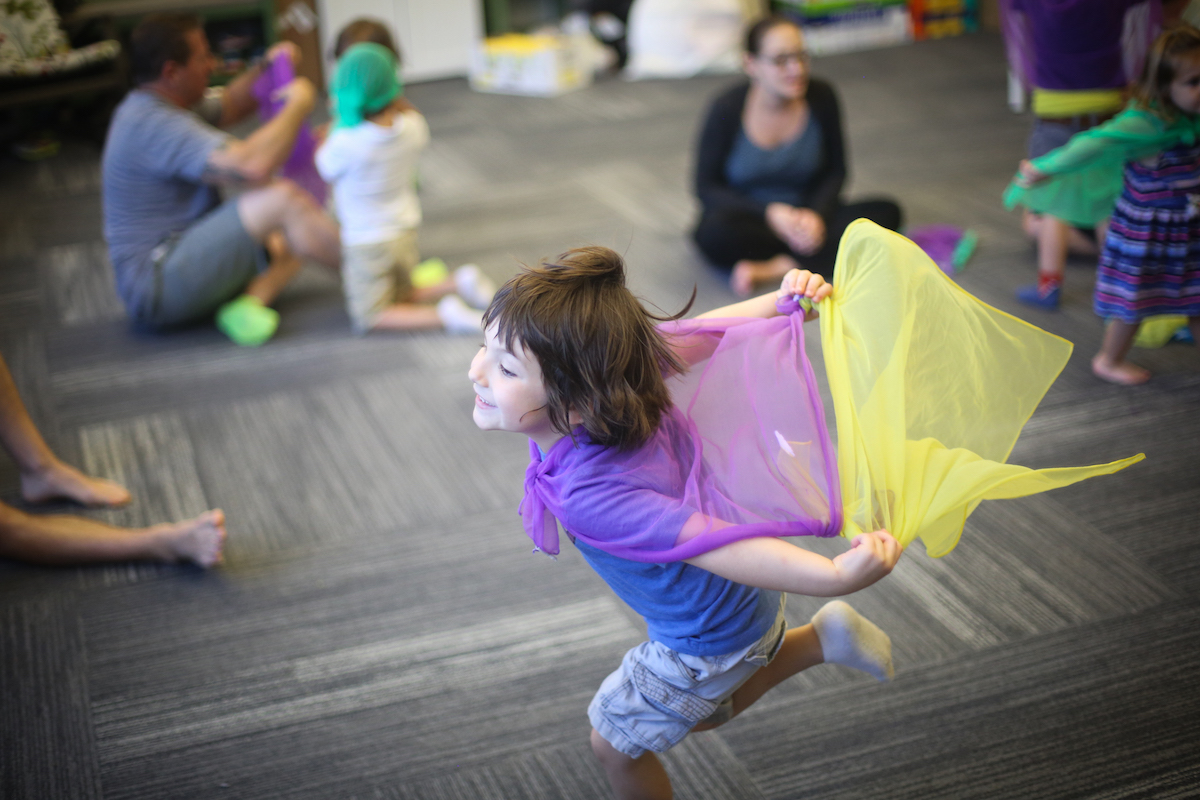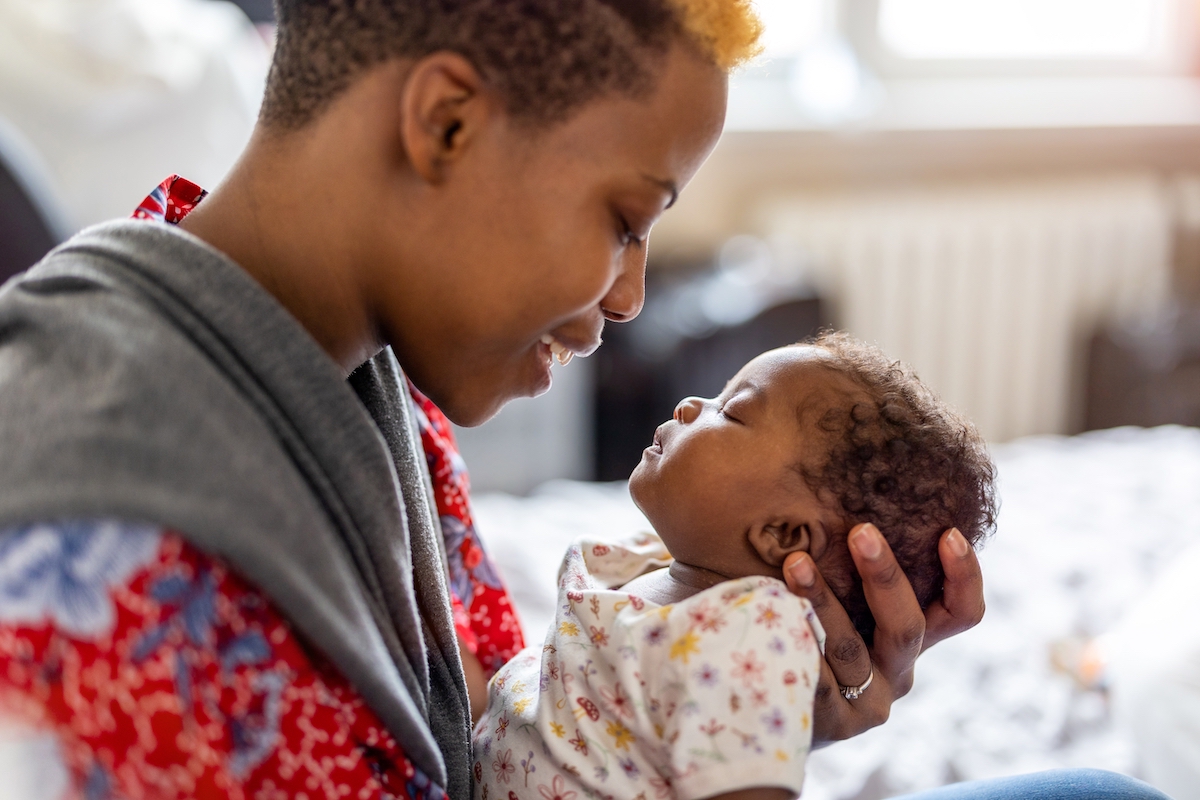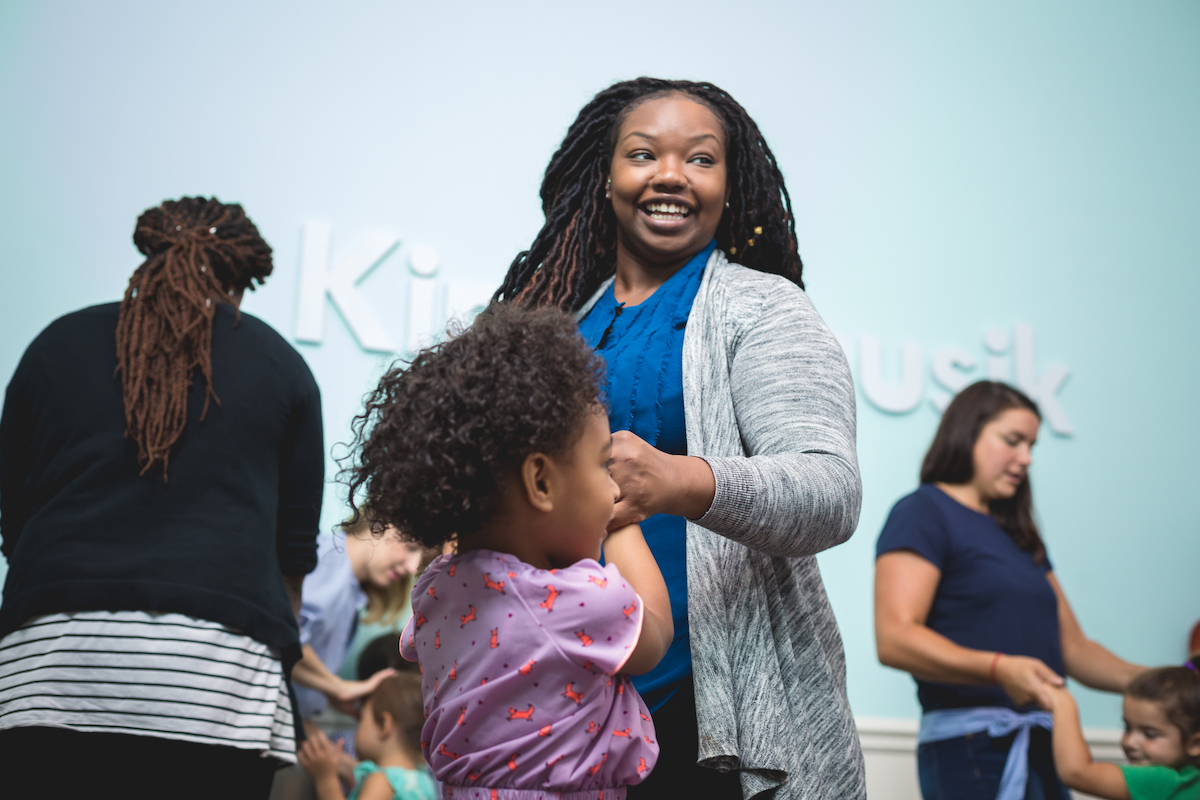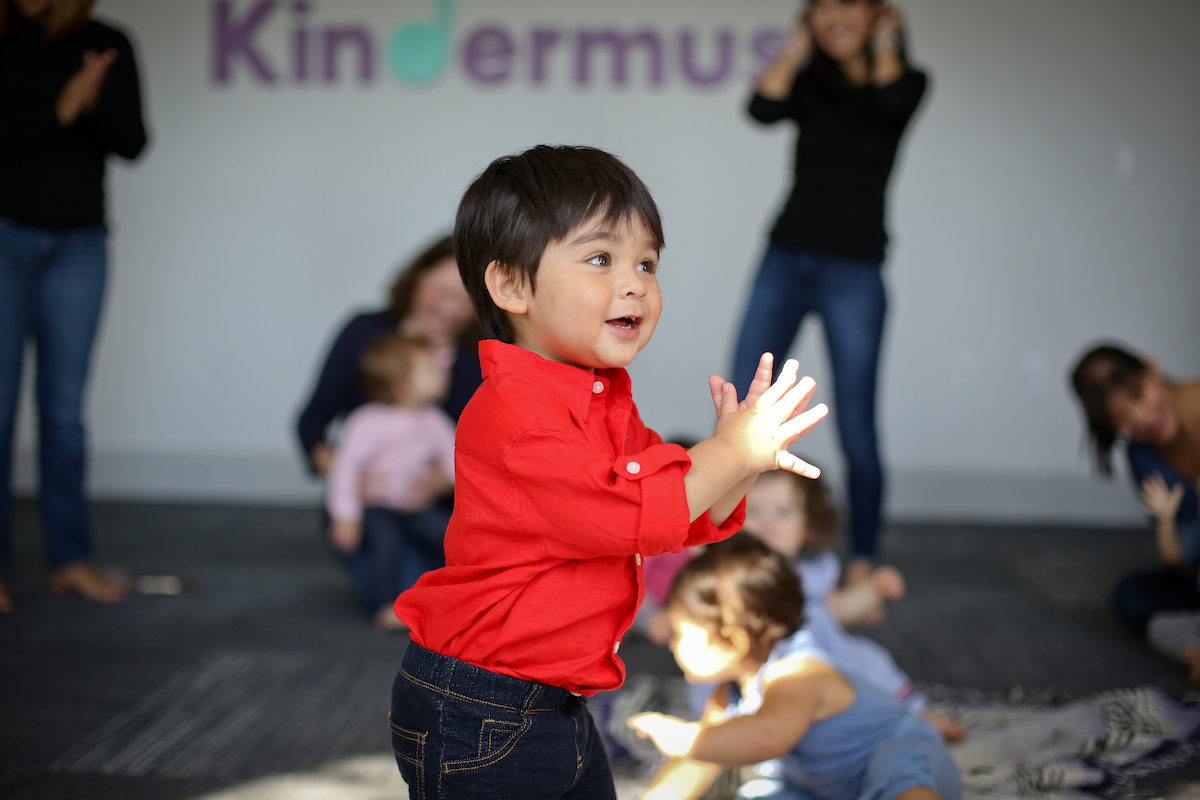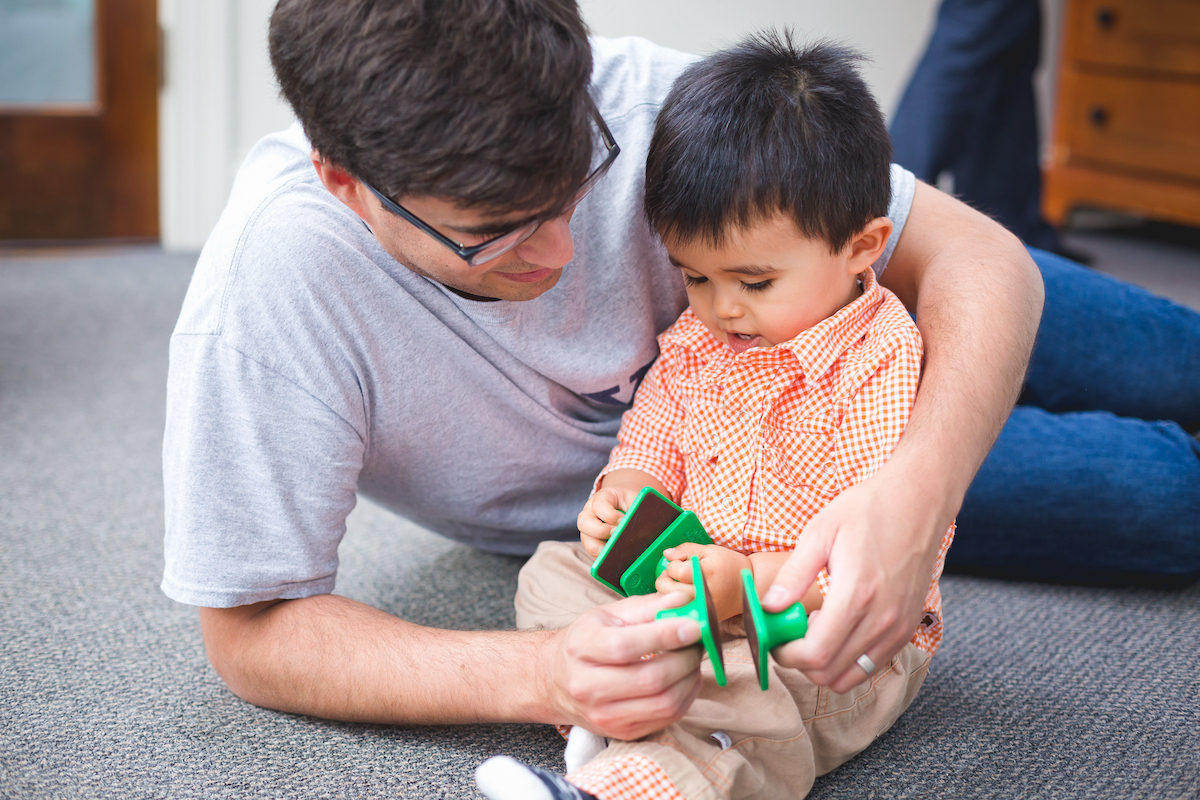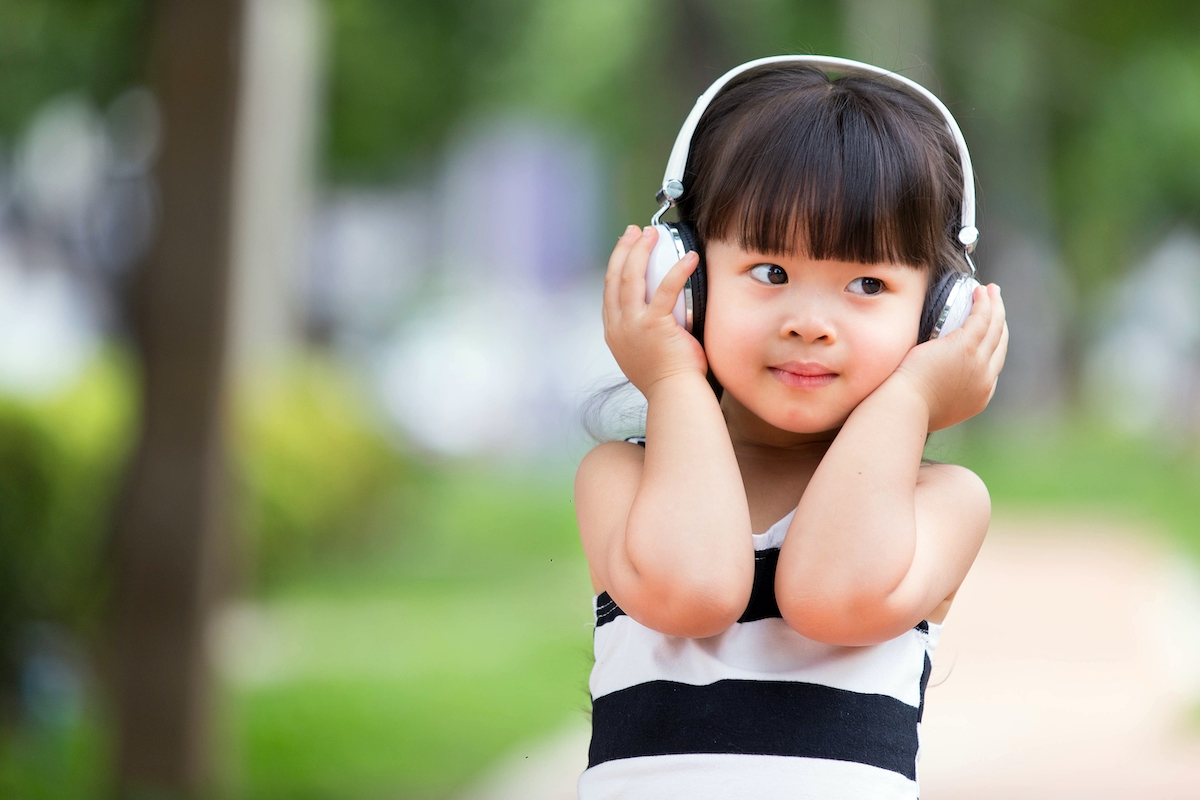The Science of Reading is kind of a buzzword these days in the early education and parenting worlds, but what does it really mean and what role does music play?
In a nutshell, the Science of Reading is a catch-all term for the massive amounts of research that look at how our brains learn to read through decoding, phonemic awareness, and more. It doesn’t just happen, it’s science, and educators around the world are tapping into its framework.
What might be missing from traditional classrooms and at-home efforts? Music!
Continue reading “How Music Affects the Science of Reading”
